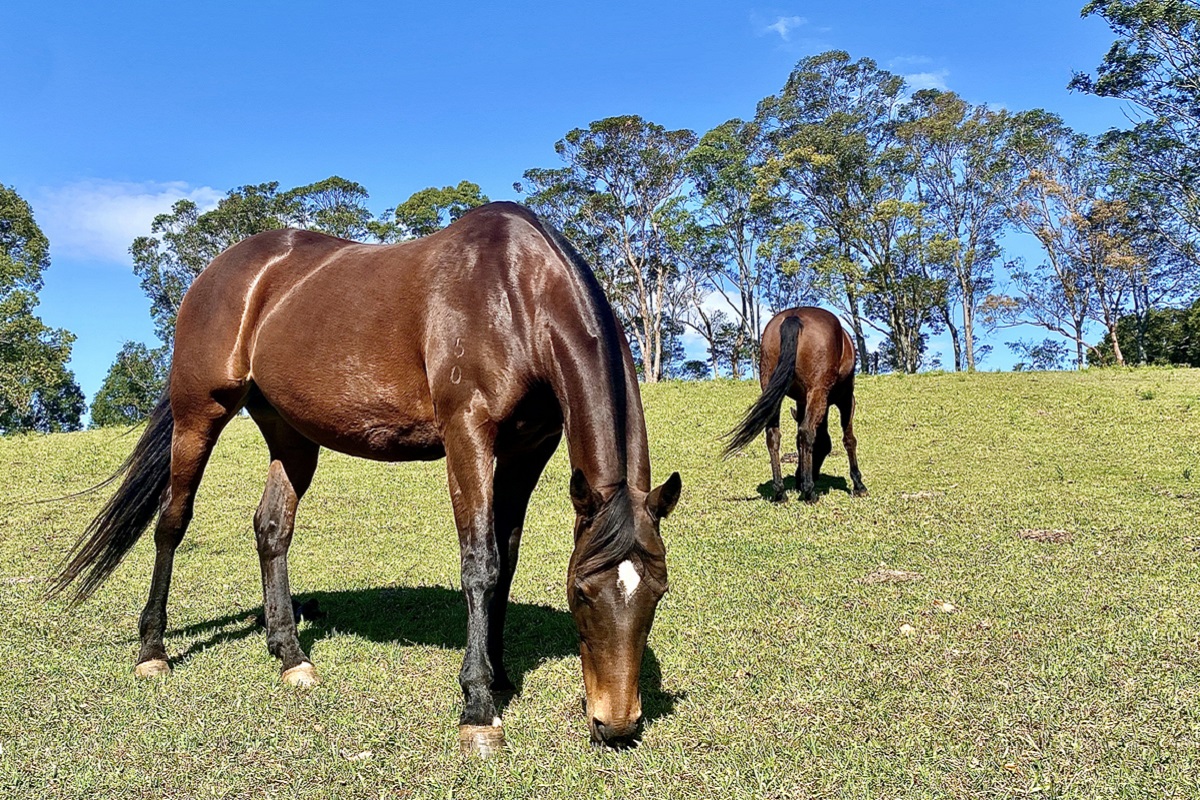A case of Hendra virus has been confirmed in an unvaccinated horse in south-east Queensland, according to Biosecurity Queensland.
It was the state’s first case of Hendra virus since 2022, following positive test results from an unvaccinated horse in south-east Queensland on 4 July 2025. The horse died on the property after its condition rapidly deteriorated.
Dr Fiona Thompson, Acting Chief Veterinary Officer at Biosecurity Queensland, said authorities were working closely with the horse owner to contain the virus.
“Tracing and exposure assessments have been undertaken on other horses and animals on the property.
“We are also working with Queensland Health in relation to humans who may have had contact with the infected horse so their experts can manage the health of people involved.”
Equine Veterinarians Australia (EVA), a special interest group of the Australian Veterinary Association (AVA), has responded by urging horse owners to prioritise vaccination and biosecurity to help prevent the spread of the deadly virus.
Dr Laura Hardefeldt, EVA President, commended the veterinarian involved in the case and stressed the importance of vaccination.
“We commend the referral veterinarian for their swift and professional response, which undoubtedly helped contain the risk to people and other animals.
“This case is a stark reminder that Hendra virus remains a real and present threat. Vaccination is the best defence we have to protect horses, veterinarians, and the broader community.”
Dr Gemma Chuck, President of the AVA, also called for ongoing vigilance.
“While Hendra virus is rare, its consequences can be devastating.
“Veterinarians and horse owners must continue to work together to promote vaccination and biosecurity practices that help protect both animal and human health.”
Dr Thompson reiterated that vaccination is the most effective protection against Hendra virus.
“Unfortunately, in this case, the deceased horse had not been vaccinated for Hendra virus. Hendra virus infection can occur throughout the year, so it’s important that horse owners and people in contact with horses take steps to protect themselves and their animals at all times.
“We’d urge them to continue to practice good biosecurity and personal hygiene measures – even if a horse is vaccinated against Hendra virus. If a horse becomes sick, owners should contact their veterinarian immediately.”
The AVA and EVA continue to advocate for uptake of the Hendra virus vaccine and recommend that horse owners consult with their veterinarian about immunisation and the use of personal protective equipment when handling sick animals.
Further information is available from the Queensland Department of Primary Industries and Queensland Health.
To stay up to date on the latest industry headlines, sign up to the Pet Industry News e-newsletter.

